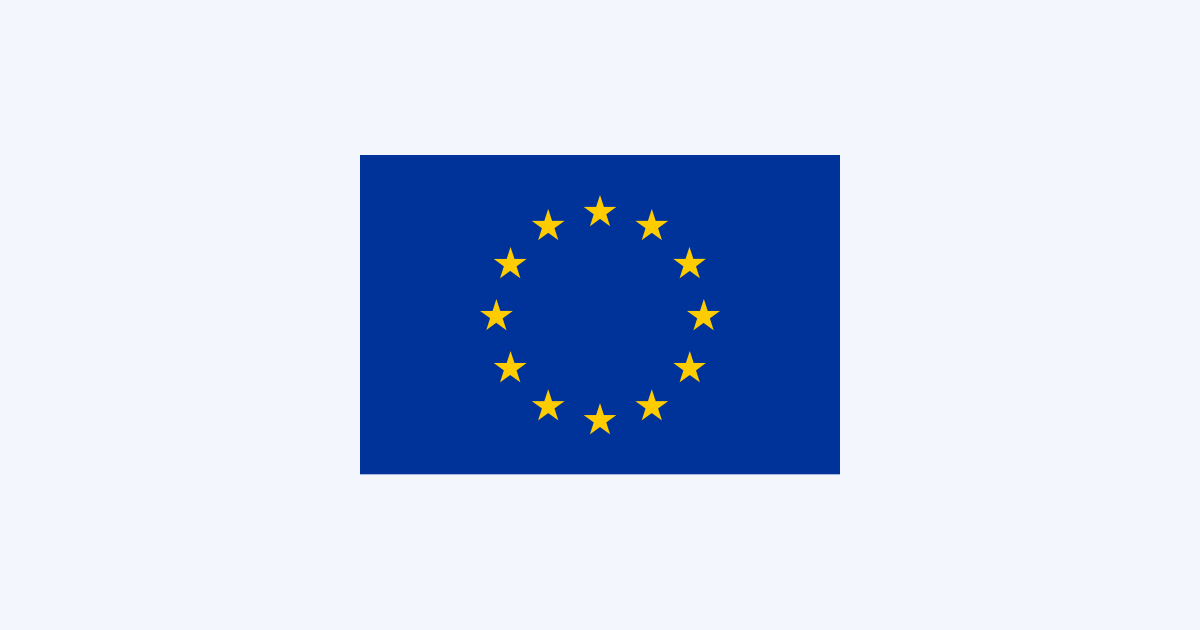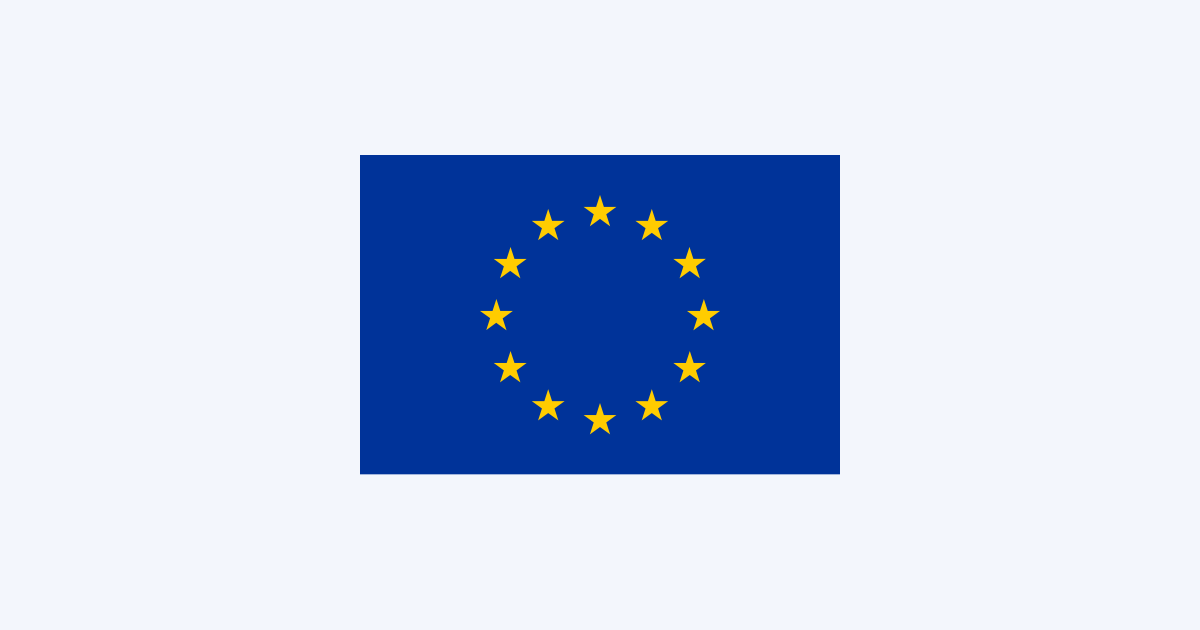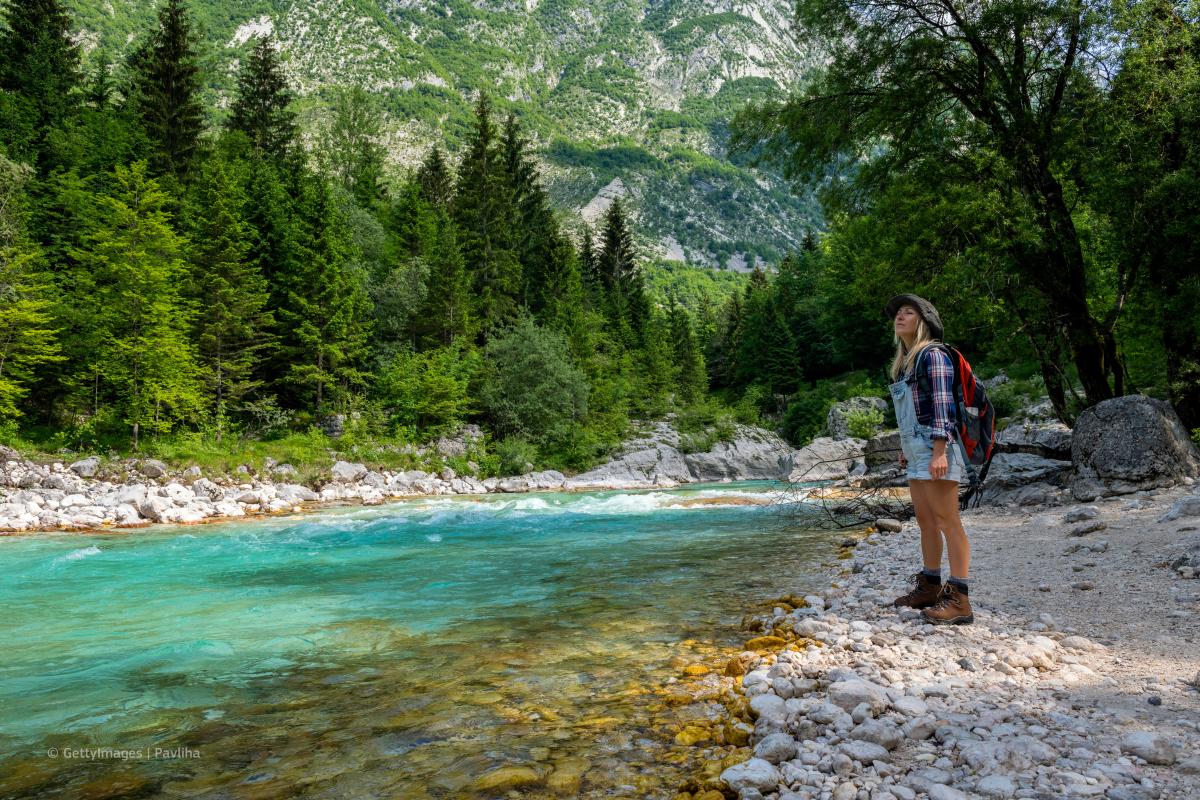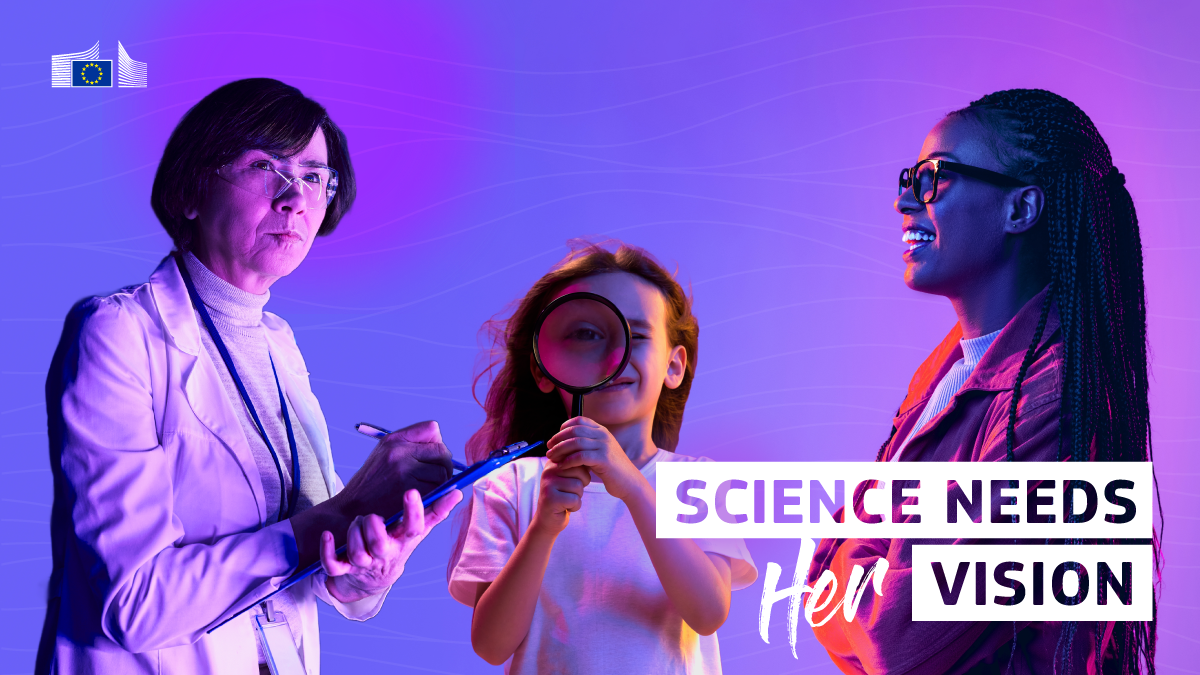Politics
Weekly schedule of President António Costa

DISCLAIMER OPINIONS: The opinions of the authors or reproduced in the articles are the ones of those stating them and it is their own responsibility. Should you find any incorrections you can always contact the newsdesk to seek a correction or right of replay.
DISCLAIMER TRANSLATIONS: All articles in this site are published in English. The translated versions are done through an automated process known as neural translations. If in doubt, always refer to the original article. Thank you for understanding.
DISCLAIMER PHOTOS: We mostly used photos images that are readily available online, from free sources, or from the people promoting the news. If by any chance it happens that we have used one of your copyrighted photos, please do not hesitate to contact us and we will take it down without question. We do not make profits as this is a not for profit project to give voice to the voiceless while giving them a platform to be informed also of general news, and it is completely free.
Politics
Forward look: 10 – 23 February 2025

DISCLAIMER OPINIONS: The opinions of the authors or reproduced in the articles are the ones of those stating them and it is their own responsibility. Should you find any incorrections you can always contact the newsdesk to seek a correction or right of replay.
DISCLAIMER TRANSLATIONS: All articles in this site are published in English. The translated versions are done through an automated process known as neural translations. If in doubt, always refer to the original article. Thank you for understanding.
DISCLAIMER PHOTOS: We mostly used photos images that are readily available online, from free sources, or from the people promoting the news. If by any chance it happens that we have used one of your copyrighted photos, please do not hesitate to contact us and we will take it down without question. We do not make profits as this is a not for profit project to give voice to the voiceless while giving them a platform to be informed also of general news, and it is completely free.
Politics
Faster progress needed to protect Europe’s waters and better manage flood risks

Clean water is the driving force of life. It is an essential resource for people and nature and for regulating the climate. And yet, according to new reports published by the European Commission on the state of water in the EU, while progress has been made to improve the EU’s water bodies over the past six years, more action is needed.
There have been several positive trends resulting from the implementation of the Water Framework Directive, with groundwater bodies continuing to achieve good quantitative and chemical status. However, work is needed to meet EU targets on freshwater quality and quantity. Only 39.5% of EU surface water bodies are achieving good ecological status, and only 26.8% achieving good chemical status. The EU has made key recommendations to Member States to improve water management by 2027.
When it comes to flood risk management, the Commission recognises the notable improvements that have been made, but again emphasises that more needs to be done by EU countries, to expand their planning and administrative capacity, and adequately invest in flood prevention, especially given today’s reality of more frequent and severe flooding. The report on the Marine Strategy Framework Directive also finds there is substantial room for improvement, particularly about achieving good environmental status of all EU marine waters.
These reports cover the implementation of three key pieces of EU water legislation: the Water Framework Directive, the Floods Directive, and the Marine Strategy Framework Directive.
To accompany the reports, the Commission has launched a call for evidence asking various stakeholders to share input and help design the future European Water Resilience Strategy.
For more information
Press release: Commission reports show faster progress is needed across Europe to protect waters and better manage flood risks
Water Framework Directive and Floods Directive Implementation reports – website
2024 assessment of Marine Strategy Framework Directive programmes of measures
European Water Resilience Strategy – call for evidence
Overview of EU water policy
Source link
Politics
Empowering women in science: How the EU is driving change for gender equality in R&I

Every scientific discovery, breakthrough, and innovation we celebrate has been shaped by brilliant minds. However, the minds with more opportunities to shine have predominantly been male. While women constitute 48% of doctoral graduates in the EU, they represent only one third of the total number of researchers in Europe. According to the UN, female researchers also tend to have shorter, less well-paid careers.
Though progress has been made, women remain underrepresented in many fields, in senior academic and decision-making positions. These disparities are driven by challenges such as unconscious bias, a lack of mentorship, and limited access to resources – barriers that continue to hinder the full participation of women in research and innovation.
The International Day of Women and Girls in Science on 11 February is both a celebration and a call to action to inspire young girls and women around the world, to ignite their curiosity and creativity – and to reflect on how best to support their scientific aspirations.
The European Commission is committed to upholding gender equality – one of the core values of the EU. Read how the Commission is supporting equality with some key actions in research and innovation.
Gender equality plans
Gender equality is a priority of the European Research Area (ERA), with actions focused on driving institutional change in research careers at all levels. In 2022, this commitment was strengthened further, with all higher education establishments, research organisations, and public bodies from Member States and Associated Countries applying for Horizon Europe funding now required to implement a Gender Equality Plan (GEP).
These plans must address several areas, including work-life balance, gender balance in leadership and decision-making, gender equality in recruitment and career progression, integration of an inclusive gender dimension into research that acknowledges intersectionality, and measures against gender-based violence.
Learn out more about Horizon Europe guidance on GEPs and frequently asked questions.
Gender equality champions
The EU Award for Gender Equality Champions celebrates and recognises the outstanding results achieved by some change-driving academic and research organisations in the implementation of GEPs. The prize is shaping a community of changemakers who inspire others to adopt gender equality policies and drive meaningful, transformative institutional change.
To date, two award ceremonies have been held, honouring seven champions from Ireland, Spain, Sweden, and France. This year’s ceremony will take place in March 2025.
One of the previous winners is Universitat Rovira I Virgili in Spain where now the majority of research groups in the university are led by women as principal investigators. The university has also run a campaign to prevent sexual harassment and gender-based discrimination among their teaching staff.
Another notable champion is South East Technological University in Ireland. This institution has made impressive strides in achieving gender balance, particularly within its executive management team and across its teaching staff. From assistant lecturers to senior lecturers, the university has worked diligently to ensure that both women and men are equally represented.
Discover how you can apply to become one of the next EU gender equality champions.
EU-funded projects strengthen the gender equality balance in STEM
Strengthening women’s participation in Science, Technology, Engineering and Mathematics (STEM) is not only a matter of equal opportunities and social justice, but also crucial to meet pressing societal challenges, such as the green and digital transitions. According to the “She figures 2021” report, women remain underrepresented among doctoral graduates in most narrow STEM fields.
To tackle this imbalance, the EU is funding research and innovation projects aimed at increasing young girls’ participation in STEM activities, improving the recruitment, retention and promotion of women in science across the EU and beyond.
The Horizon Europe project STREAM IT tackles barriers for underrepresented groups in STEM, focusing on young girls, creating inclusive educational tools. The project aims to provide widely applicable solutions for various stakeholders, including workshop series for supporting girls to orient towards STEM, hands-on activities at science centres and museums, mentoring programme, and establishing collaborative networks on national and international level.
To further boost interest and female participation in STE(A)M (where “A” stands for creative thinking and applied arts), while deconstructing gender stereotypes, three EU-funded projects – Road-STEAMer, The SEER and SENSE – are collaborating to develop and deliver a roadmap for science education in Horizon Europe, in synergy with the EU’s Erasmus programme.
Find out more about STREAM IT, Road-STEAMer, The SEER and SENSE.
Meet some of the inspiring women behind European R&I
EU actions to eliminate gender inequalities in research and innovation have already yielded significant results, as seen in the stories of several remarkable women in science.
One such example is Dr. Anne L’Huillier, the 2023 Nobel Prize Laureate in Physics, who works on the interaction between short and intense laser fields and atoms. She credits the MSCA programme’s early support for kickstarting her career.
Prof Rana Sanyal, the winner of the 2024 European Prize for Women Innovators and a leading expert in biotechnology, is another prime illustration of the vital role EU funding plays in supporting women researchers.
Alba García-Fernández and Erika Pineda Ramirez are other two EU-funded women researchers dedicated to developing more effective treatments for cancer patients. In honour of the International Day of Women and Girls in Science, they offer inspiring advice for the next generation of female researchers.
“The contribution of women in science is invaluable. We have so much talent and ideas to offer. As Marie Skłodowska-Curie once said: ‘I was taught that the way of progress was neither swift nor easy.’ So, my advice is: believe in yourself and go after what truly excites you. Stay curious, keep learning!” – Alba García-Fernández, MSCA fellow.
Erika Pineda Ramirez emphasises that while the work environment can sometimes make things harder, women researchers should keep trying and never give up because science needs more of their contributions.
Read more
Gender in EU research and innovation – European Commission
European Researchers’ Night celebrating science across Europe in 2024 and 2025 – Marie Skłodowska-Curie Actions
-

 EU & the World5 days ago
EU & the World5 days ago‘Today’ Show Hosts: Who Is Currently Part of the Team?
-

 Sports4 days ago
Sports4 days agoRain of disqualifications in B. Sting for Guido Pagliuca
-
Travel4 days ago
Travel chaos in Italy as flights cancelled due to nationwide strike and fire
-

 Sports4 days ago
Sports4 days agoLuca Dal Monte takes us back to 1975 with Lauda & Ferrari – World Champions
-

 Sports3 days ago
Sports3 days agoCesc Fabregas identifies common ground between Como and Juventus
-

 Sports5 days ago
Sports5 days agoFiorentina: double reinforcement in midfield for Raffaele Palladino
-

 EU & the World5 days ago
EU & the World5 days ago10 Tips to Prepare for a Psychic Reading
-

 EU & the World6 days ago
EU & the World6 days agoNik Richie Hires Richard Sullivan to Seek Post-Judgment Modification of Spousal Support Payments to Shayne Lamas








